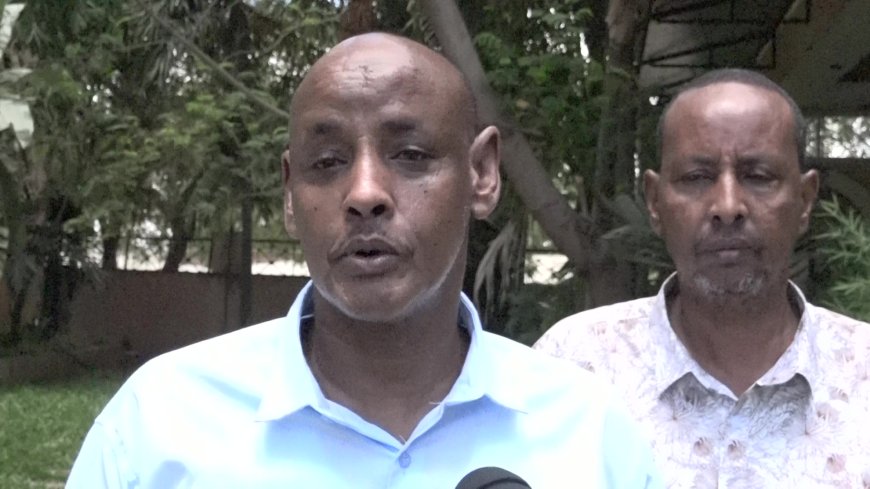NCCS lays down plans for closing of children homes by 2030

Garissa,
Wednesday October 18, 2023
KNA by Erick Kyalo
The National Council for Children Services (NCCS) has started sensitization programs across the country in readiness to transition children from children’s homes and integrate them to families and communities.
NCCK is bringing in key stakeholders such as government officials of relevant institutions, religious leaders, elders and community members to formulate care reforms that will enable smooth transition for the children.
Earlier this month, the Cabinet Secretary for Labour and Social Protection Florence Bore said that the government was mulling the closure of all existing private children’s homes as it draws up plans to establish its own public children’s rescue centres.
The CS noted that poor management and lack of proper monitoring of private rescue centres allows unscrupulous people to continue trafficking in children thus establishing state-owned public rescue centres will make child trafficking in the country more difficult.
Data from the Social Protection department showed that there are 45,000 -50,000 children living in about 855 private charitable children’s institutions and others living in government-run institutions as of November 2022.
There is also more concern from various stakeholders that children in the homes have a slower psychological growth compared to those in family set up.
Speaking during a sensitization forum for Garissa and Wajir, counties’ children stakeholders, NCCS Chief Executive Officer Abdinoor Mohamed said that the new child care reforms are in line with the global shift from institutional care to homecare.
“Children will be transited from the traditional institutional care to family and community-based care. Through empirical research, it has been established that children thrive, grow and live better and happily in family and community settings while institutionalized care has far reaching effects on children,” Mohamed said.
“In the 2019 United Nations’ General assembly in which Kenya took part in, there were resolutions on children where there was a preference for strengthening families and bringing up the children within the families. It is out of this that we have developed a 10-year strategy to have as many children as possible from children homes to family care,” he added.
The CEO said that the plan is already being implemented in some counties and that the reforms have been largely accepted by the stakeholders.
Mohamed said that some of the ways in which the children will be integrated into families will include foster care, kinship care, and adoption, Kafalah which is the Islamic equivalent of foster care and supported independent living.
He said that the government will be keen to ensure that the children will be taken care of in the families that will absorb them with regular visits by children officials to monitor their progress.
The children will also be taken through psychological preparations before being released to their new families and communities.
NCCS board Chairperson Bishop Bernard Kariuki on his part said that it is important for children growing up to receive parental love and care which may not be found in care institutions.
“There is a problem because the children homes do not keep those children who attain 18 years. These children who have spent most of their time in children homes do not know other people outside those institutions making it hard for them to integrate with others,” Kariuki said.
“We need to start having these children and take care of them because they are our future generation. The government has already taken the lead to enlist all caregivers for orphaned children to the Inua Jamii program which will give them some stipend to help the children,” he added.
Bishop Kariuki urged all the relatives who have children in children homes to make plans to go for them and raise them within their families adding that the government will need the collaboration of the societies to achieve these reforms.
Courtesy; KNA
What's Your Reaction?



































































































































































































































































































